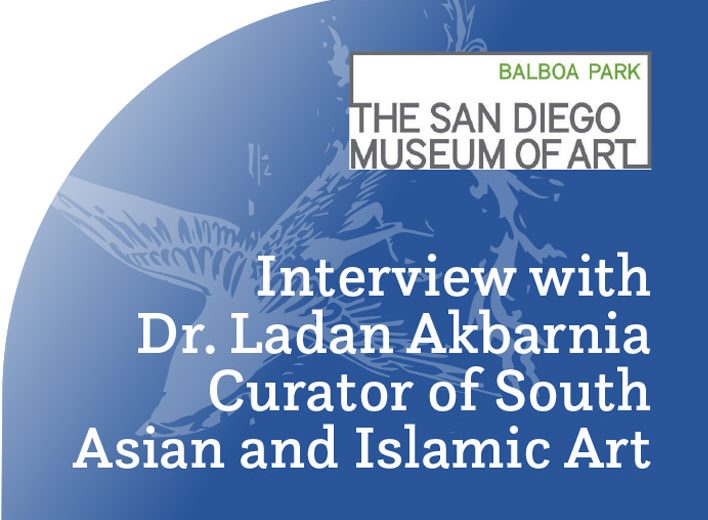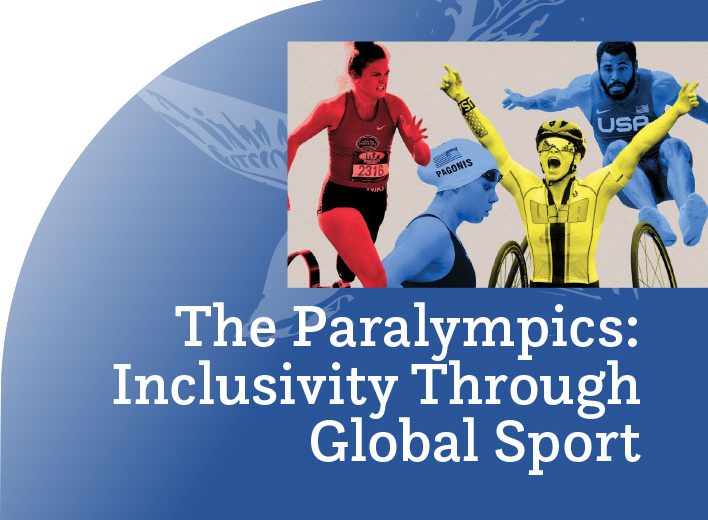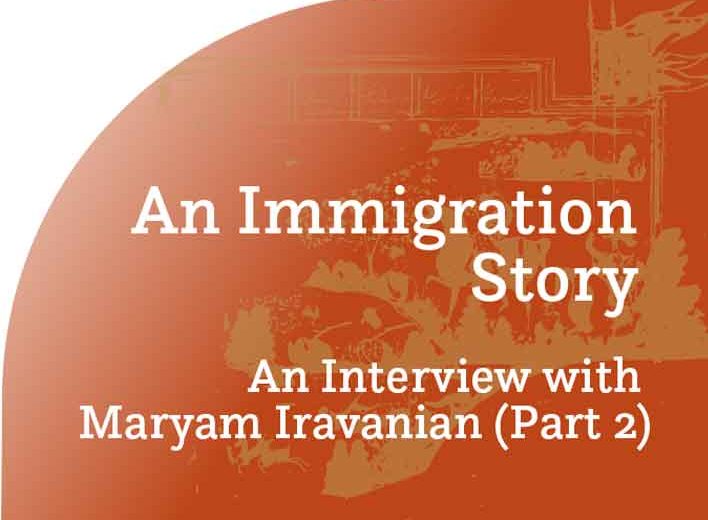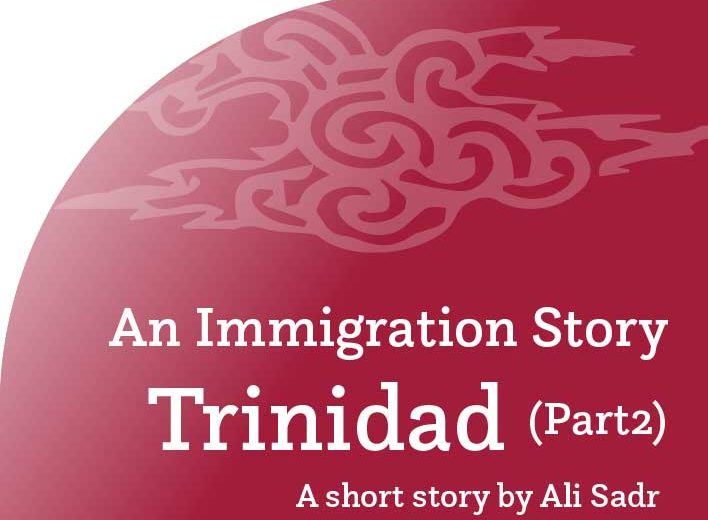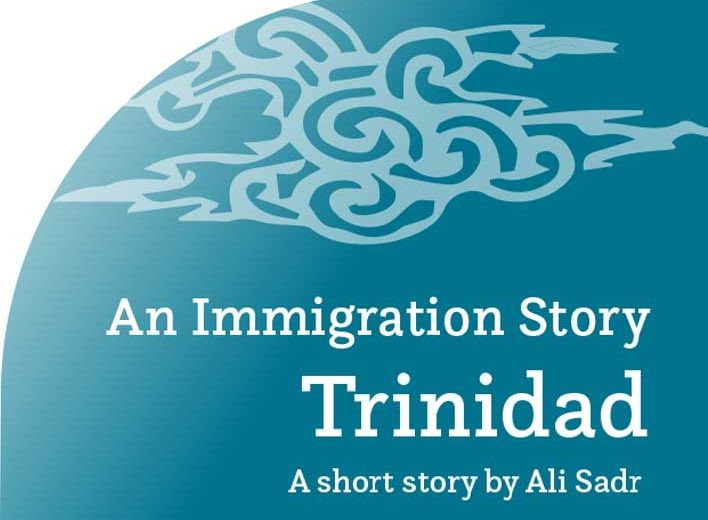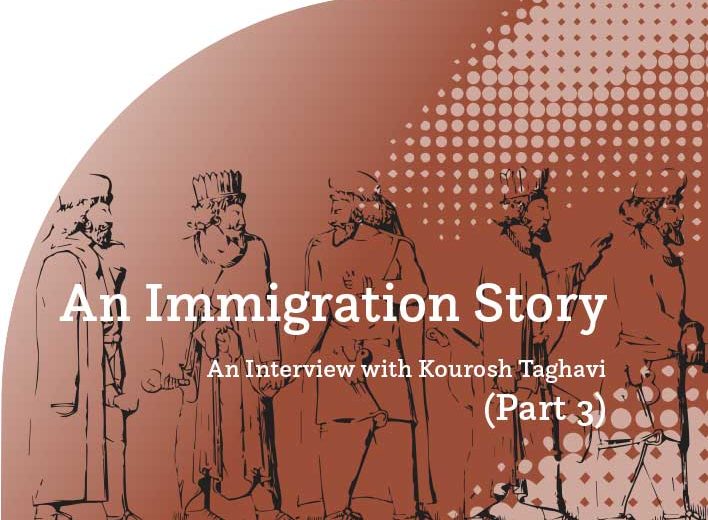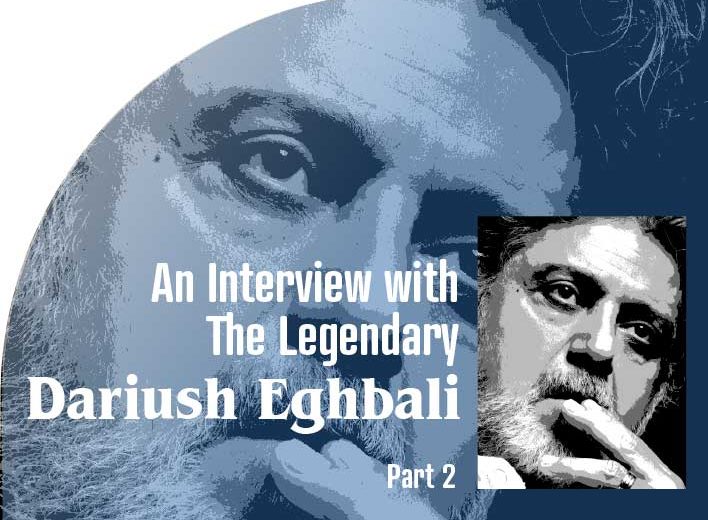An interview with Maestro Ahmad Pejman
By Vahid Jahandari
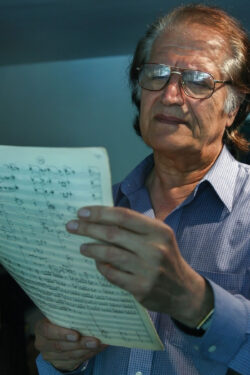
Born in 1935 in Lar, Iran, Ahmad Pejman created the majority of his work in his home country, although he now resides in Los Angeles. I met him in person when my chamber piece won the first prize at the inaugural Pejman National Composition Competition in Tehran in 2015. This initially-planned biannual contest was organized by a number of Pejman’s students and colleagues—mostly by the music faculty at Tehran University of Art or its alumni—to celebrate his legacy and open creative opportunities for the young generation of composers across the country to write pieces influenced by traditional Persian materials, modes, and rhythms. The three winning works were performed at Vahdat Hall, with many distinguished musicians of Iranian traditional and Western classical backgrounds present for the concert, a tribute to Pejman’s decades of contribution to elevating Iranian orchestral and chamber repertoire.
During my undergraduate studies, my mentors always praised Pejman for having had indelible moments working with him, remembering his larger-than-life personality, and as a means of music appreciation, by analyzing his outstanding compositions for the ways in which Pejman combined Persian elements with Western classical techniques, honoring his legacy.
Pejman pursued doctoral studies at Columbia University following his graduation from the Vienna Academy of Music and has a wide variety of music in various genres in his portfolio, including ballet and opera. Nonetheless, something peculiar, conventionally known as “fingerprint,” can be noticeably traced in all his archived creations. His works are considered profoundly communicative, and he is recognized as a leading figure in the field. After the revolution, Pejman collaborated with Tehrangeles musicians. Khamosh Namirid is an album by Dariush Eghbali, in which Pejman arranged the entire project and composed three of the songs. The single “Khakeh Mann” captures a strong sense of belonging to the homeland and many well-known singers of the time, like Sattar and Aref, collaboratively participated in that release.
It has been a few years since Pejman retired; he no longer composes. On the days that I called him for this interview, he shared his concerns about the news regarding the Russian invasion of Ukraine. He clarified that he could not complete his Ph.D. degree at Columbia—though he had progressed to candidacy, due to the emergence of the Islamic revolution, the Pahlavi dynasty’s support of Iranian students’ studies abroad was abruptly discontinued given the state of political affairs and international relations. Pejman had moved to the United States with his family and children in 1976. Therefore, not having found the financial means to accommodate his family’s residency, he pursued other businesses in New York for several years, which caused him to stay away from producing music.
In the early 1990s, Pejman decided to return to Iran and continued with a long-term devotion to scoring films for directors including Majid Majidi, Bahman Farmanara, Rakhshan Bani-Etemad, and Mohsen Makhmalbaf.
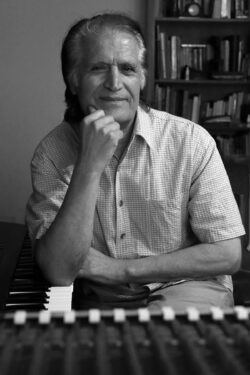 Pejman’s primary interests in composition have been drawn from Persian literature; he designed the Siavash opera from Ferdowsi’s Shahnameh before the revolution. Though he considered Thomas Christian David, the Austrian composer, among his main mentors, he developed the skills of writing music intuitively and believes that music should not be judged based on its style and aesthetics but on the quality and concept it offers, the level of originality and innovation, and how much one offers that distinguishes from the characteristics of others and portrait the author’s individual attributes. Pejman shared his enormous admiration for Wagner’s music—”his orchestration, and harmony to where Schoenberg arrived” and Mussorgsky’s—” though he did not have extraordinary knowledge in theory, compared to his competitors, he was inherently so talented that it overshadowed his shortcomings.”
Pejman’s primary interests in composition have been drawn from Persian literature; he designed the Siavash opera from Ferdowsi’s Shahnameh before the revolution. Though he considered Thomas Christian David, the Austrian composer, among his main mentors, he developed the skills of writing music intuitively and believes that music should not be judged based on its style and aesthetics but on the quality and concept it offers, the level of originality and innovation, and how much one offers that distinguishes from the characteristics of others and portrait the author’s individual attributes. Pejman shared his enormous admiration for Wagner’s music—”his orchestration, and harmony to where Schoenberg arrived” and Mussorgsky’s—” though he did not have extraordinary knowledge in theory, compared to his competitors, he was inherently so talented that it overshadowed his shortcomings.”
I was honored to interview Maestro Pejman for Peyk. Given that there are many videos and documentaries available online to learn about Pejman’s musical journey, I sought this interview to flow on its own while speaking with him. It has been edited for clarity and space considerations.
Vahid Jahandari (VJ): How do you see the current situation of music in Iran?
Ahmad Pejman (AP): Everyone somehow involved with music, from faculty to students in academia or freelancers of all levels, is non-stop complaining about the facilities, yet still doing it so passionately. Much that is needed to produce commonly-accepted “standards” in today’s world is available and accessible in the country. In Lorestan, ordinary folk play “dutar” (a Persian two-stringed lute), and that makes you cry. You can’t consider that unworthy because it is solo, the instrument is not expensive, or the setting is rather located in a small, undeveloped, and secluded town. That performance connects you to the extent of collectively identifying nostalgia, and the ideology of its existence that speaks volumes beyond words.
Students in academia learn counterpoint, etc., and deny all other genres, assuming this is the “truth,” and all other music is vulgar. Within the mass-produced entertainment industry, there is countless cheap production on a daily basis, but you can still find brilliance every now and then. Vivaldi was revived in the early 20th century after hundreds of years of absence. In the past decades, his music has been considered among the most performed of our current times.
[Pejman further stated the artistic achievement of the Italian composer of the Baroque period, Vivaldi, is timeless due to it being touching the listeners of all ages and the audience being able to relate to his language and way of self-expression effortlessly.]
VJ: How do you determine the logistics that define your musical textures?
AP: There appears to be confusion on the notion of simplicity and complexity in arts in general. In that sense, it wouldn’t necessarily be always a benefit to make things more complicated technically, and whatever defines further advancement of that technicality. It doesn’t serve and elevate the artwork. For example, in Majid Majidi’s Bide Majnoon (The Willow Tree), if I had made the score more complex, it would have taken away its sincere feelings, intimacy, perceived loss, memory, solitude, isolation, departure, and all the other criteria for an immediate impact that includes the specific geography, time and place, the main character’s stance on the events, and transitions as the story unveil. The initial idea inspired by the picture is essential in determining the procedures the score accompanies, and sophistication must be equivalent to perfection, meaning the utmost ideal and suitable of the prioritized intent.
VJ: How do your perspectives on such determinations vary?
AP: You can’t always categorize music through the German lens, for instance, like Bach. We are from the East and have a different culture and faith. That’s where our soul and notion of identity have been formed. Our music should also resonate with who we are, our lifestyle, language, literature, architecture, and the history we inherently represent, not what we manufacture as quick or gradual as one might while being aliens in other nations.
VJ: What do you recommend to artists aiming to express a distinctive voice instead of prioritizing an impossible assumption of targeting certain ears?
AP: Know your audience and build the constructive elements surrounding it. America is capitalist and all about money, fame, and who has the potential to bring that much-needed attention for the given outcome through the platforms that the higher society considers providing. Making life and profession from music, particularly the kind of work we do, is indeed challenging.
VJ: Would you tell us more about the epitomes of classical music?
AP: Beethoven and Bach, I learned so much about them. They intellectualized every detail, not just a stream of consciousness. Very experimental. They aimed to push the boundaries within the constraint of their time and what the circumstance dictated. It’s not just about good melody, the entire thing should read fluently when it comes to showcasing your expertise.
Beethoven didn’t have Mozart’s talent, but was overly sentimental, reflecting on his personal life and ambitions to achieve his purpose. More so, his commitment to remaining immortal overcame the obstacles along the path, whether it was his emotional and physical disability or all other forms of social and political barriers.
[Pejman concluded his conversation by illustrating excerpts of Mozart’s music on how he developed an extensive piece of music from small motives and limiting the ideas that assemble the entire work.]


